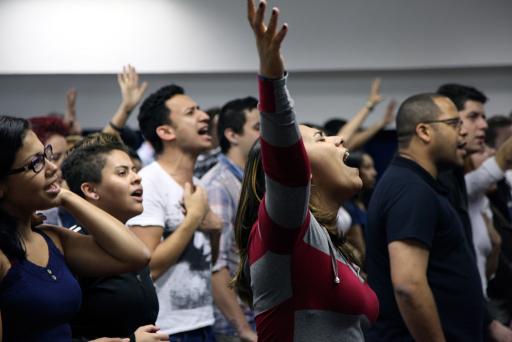This article originally appeared in GlobalPost.
RIO DE JANEIRO — Last fall, the Rev. Marcio Retamero was invited to testify before members of the Brazilian congress, where he talked about human rights generally and the rights of sexual minorities in particular.
His subsequent run-in with Silas Malafaia, the jet-setting pastor of Brazil’s largest Pentecostal megachurch, became front-page news.
“Silas Malafaia twisted my words to make me look like the biggest gay terrorist in the world,” said Retamero, the pastor of Betel Metropolitan Community Church (MCC) in Rio de Janeiro.
“At one point I said that if theocracy were to be imposed in Brazil,” Retamero recalled, “I would take up arms. Now [Malafaia] wants to sue me for threatening him, and I have to go to court to defend myself.”
Malafaia, who embodies the influence of Pentecostalism in Brazilian politics and culture, has stridently opposed the advance of LGBT rights since the country’s highest court cleared the way for same-sex marriage in 2011.
But while many conservative Pentecostal leaders in Malafaia’s mold boast about their “men in Congress,” the social and political tides in the country are generally running against them. The consensus among scholars who study contemporary Brazilian religious culture is that Pentecostalism’s erosion of the country’s Catholic majority has begun to slow. Perhaps more pointedly, the rapid growth of spiritual-but-not-religious “nones” in Brazil’s cosmopolitan cities mirrors trends that have shifted American cultural debates in favor of same-sex marriage. …
Click here to read the full article
Nick Street was a senior writer with the USC Center for Religion and Civic Culture.








